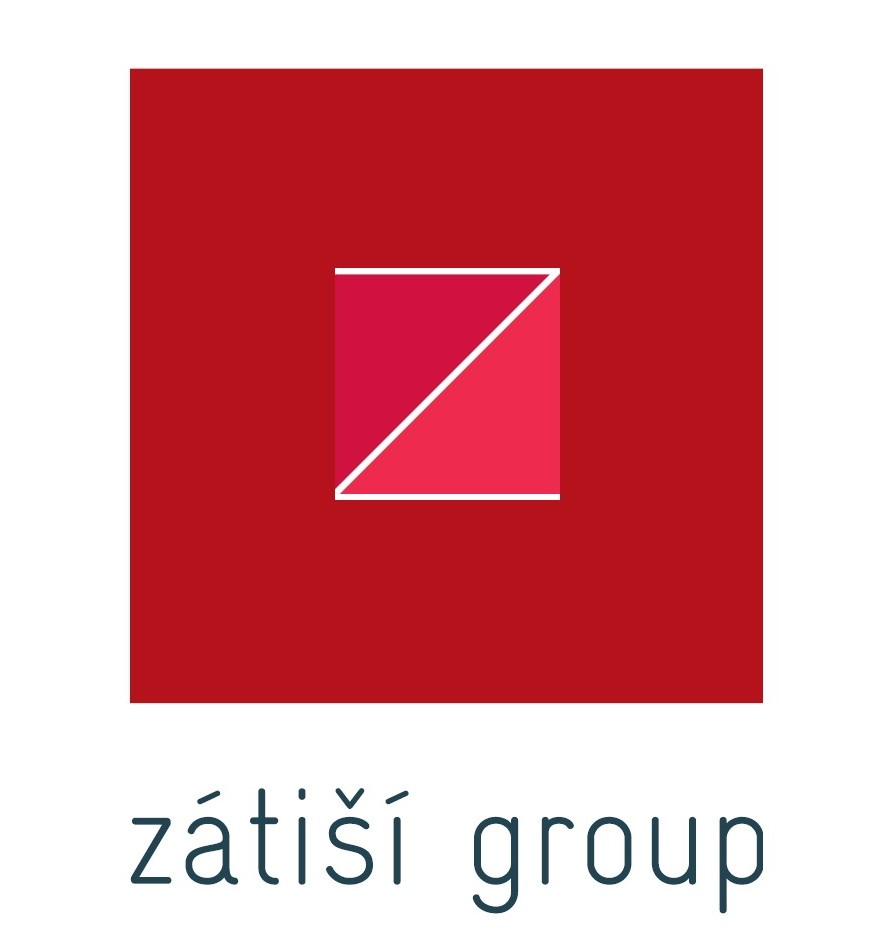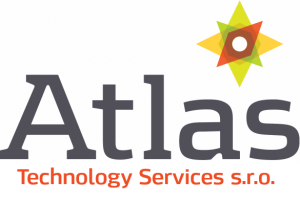Economic Growth, Competitiveness and Entrepreneurship: The Main Challenges for Europe in 2014
15.01.2014Company: Amcham
As the sluggish European economy shows modest signs of improvement entering 2014, it is imperative for government leaders to sustain this growth by taking actions that boost their countries' competitiveness and cultivate an entrepreneurial spirit within individual businesses, according to a panel of European experts comprising top financial officials, government leaders, and executives of industry.
The University of Pittsburgh's Joseph M. Katz Graduate School of Business in Prague recently held a conference titled "Leadership Challenges in 2014," which featured the speakers Miroslav Singer, Governor of the Czech National Bank (CNB) and alumnus of the University of Pittsburgh’s PhD program; Hannu Kasi, President of the industrial group ABB in the Czech Republic; Jane Gilson, General Manager of Business Strategy at Microsoft International; Michael Mullen, Partner with global advisory company PWC; and Pavel Šrámek, Member of the Czech Parliament. All of the speakers are also members of the Katz School’s Advisory Board for Executive Programs in Europe. The event was held in November 2013 at the school’s new educational facilities in Prague and was open to a select community of Katz EMBA graduates and business leaders from the region.
“As a global education leader, our mission is to cultivate an active dialogue on matters of global economic concern. Our school is honoured to have 12 top government and industry leaders on its Advisory Board for Europe and we encourage them to share their views with the wider management community through events such as the Leadership Challenges forum," said Ivana Goossen, director of executive programs at the Katz Graduate School of Business of the University of Pittsburgh in Prague.
Below are some highlighted quotations from the speakers, who in their presentation touched on such topics as political messaging, which skills are in high demand, and how technology will shape business in the coming year.
Problems in the Political Message
"The current sentiment (in November 2013 – editor) seems to be suffering from the absence of a positive message, in the form of either a positive figure or a positive political or social message,” said Miroslav Singer, Governor of the Czech National Bank and member of the Katz School’s Advisory Board for Executive Programs in Europe. “This is also influencing the sentiment of economic agents toward saving instead of investment, as clearly reflected in rising deposits in Czech banks. Despite the current rather skeptical mood and the risk of more disruptions from both the European and local theaters, I expect some positive messages to be generated by the global and domestic economy. As to institutions such as Katz, I strongly believe in the power of education and what it can do for leadership in CEE,” he said.
“One of the local factors that will influence our economy next year is the new political scene, which leaves many people skeptical based on their previous experience with new political parties," said Michael Mullen, a partner with PWC in Prague, and member of Katz School’s Advisory Board for Executive Programs in Europe. "It is a question to what extent the new political group ANO is able to bring a business-driven mentality to politics, and if so, what that mentality will be and how it will influence our local business environment. This is an open question and challenge for all of us."
What Leaders Should Be Worried About
“Polish and Czech managers can sleep well, but they should sacrifice a part of their sleep time to thinking how to make the best use of the current environment of bottom-low interest rates," said Marek Belka, Governor of the National Bank of Poland and member of the Katz School’s Advisory Board for Executive Programs in Europe. "Company leaders should look at the current situation from the strategic, i.e. long term, point of view, and search for investment opportunities so as to be prepared for the future."
"Strong economic links to the Eurozone make the open economies of the CEE vulnerable to policy reactions in the Eurozone," Belka continued. "Here a clear risk emanates from insufficient coordination with all stakeholders, including the neighbors. In this regard we have to remember about the European solidarity – the Solidarity that brought change to the political setup in Europe and solidarity that helps in building stronger European societies by chasing out the specters of protectionism."
What Skills are in High Demand
“The recovery of the European economy is one of the most important global trends that will influence the Czech economy in 2014,” said Hannu Kasi, president of the industrial group ABB in the Czech Republic, and Chairman of the Katz School’s Advisory Board for Executive Programs in Europe. “Also, the development of the overall competitiveness of the Czech economy will stand among the factors that won’t let Czech leaders sleep at night next year,” he said, adding that one of his company’s main challenges is to find the right people with the right set of skills for their permanent job openings. “We are hiring roughly 10 percent every year and we are really struggling to find the right competencies and language skills. We want people who speak English, German and Russian because we are located in a strategic area and we need to expand our presence on the Eastern markets. This has been very challenging so far."
Develop local entrepreneurial spirit
“People are becoming more engulfed with the current status-quo and they are losing their creativity," said Pavel Šrámek, Member of the Czech Parliament and member of the Katz School’s Advisory Board for Executive Programs in Europe. "People are afraid of taking risks and some are still behaving in a pre-Revolution way. We are only taking responsibility for what is inside our houses and what we own, and not for what is outside of us. Leadership begins when you start taking responsibility for the others."
“Entrepreneurship is something that we all need to fuel to get the country to become more competitive,” said Jane Gilson, General Manager for Business Strategy at Microsoft International, and member of the Katz School’s Advisory Board for Executive Programs in Europe. Gilson added that one of the biggest challenges for a European corporate leader is to predict the future environment for technology purchase – whether the emerging markets will emerge in the way they used to, and if the developed markets will develop as they used to. Gilson also pointed at the fact that more and more company technology issues are now structured around the cloud. “The market is incredibly dynamic, and the technology must be there to make it happen. A definite issue will remain the war on talents and the question how you differentiate yourself and how you grow future leaders,” she said.
Technology innovation to drive leadership thinking
According to Tomasz Sielicki, president of Poland’s computer software and services company ComputerLand and also member of the Katz School’s Advisory Board for Executive Programs in Europe, the CEE market will be driven by labor market changes caused by “the elimination of middlemen (businesses to access customers directly), more independence of customers, consumers, and employees thanks to having means such as smart phones and availability of any required information.”
Sielicki said one of the most important issues CEE leaders should watch in 2014 is the revolution in IT. “Smart devices will change communication within and between businesses even faster; cloud computing will lower costs for all, but create more data security concerns; the Euro zone reform, including the single supervision mechanism, might change the competitive landscape for companies within the zone and outside. Furthermore, all the data required for doing business in any industry is becoming available to everybody and is becoming cheaper. Therefore, companies will start competing on data analytics rather than just information and/or technology,” he said.
Global experience in Prague
University of Pittsburgh / Katz Graduate School of Business / Swanson School of Engineering
The University of Pittsburgh is one of the oldest and most prestigious universities in the United States. 35 thousand students enroll every year and the university is a key center of scientific research, encompassing more than 400 different study programs on 16 faculties. The graduates and professors of the University of Pittsburgh include not only the Pulitzer Prize and Nobel Prize laureates, but also the first scientists to synthesize insulin and develop a vaccine for polio.
Joseph M. Katz Graduate School of Business is one of the most important schools of the University of Pittsburgh. It is led by world-renowned, broadly-cited professors. Its representation in Prague provides programs of management education for the whole CEE region. Its Executive MBA Worldwide program, the highest rated program in the Czech Republic, aims at preparing experienced managers for the role of global leaders. It has been continually recognized as one of the top 100 programs of its kind globally. It also has the accreditation provided by the AACSB International, which is internationally recognized as the gold standard in the certification of business schools.







